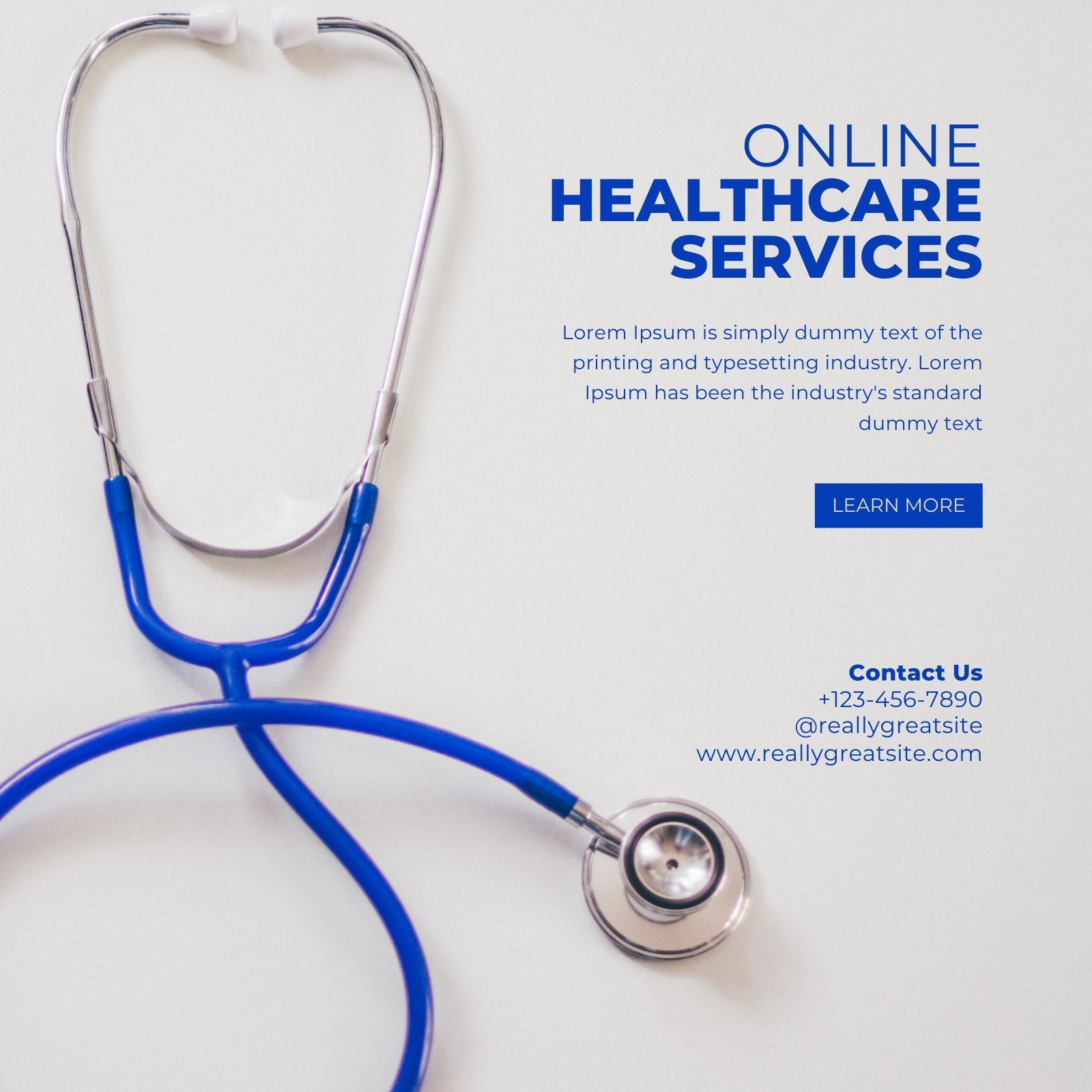The Impact of Subscription Based Healthcare on Standard Clinical Practices
The Impact of Subscription Based Healthcare on Standard Clinical Practices
Blog Article
Navigating the Future of Medicine With Subscription-Based Healthcare Services
As the medical care industry develops, subscription-based solutions emerge as a critical version promising to reshape individual care distribution. The answers to these questions can fundamentally alter our approach to healthcare.
Increase of Membership Medical Care
As health care systems around the world face increasing pressures from rising expenses and demand for solutions, the introduction of subscription-based medical care versions has become a transformative trend. This cutting-edge technique is disrupting traditional healthcare distribution by providing a predictable, flat-rate payment structure for clinical solutions. Rooted in the concepts of attendant medicine, subscription-based health care enables suppliers to concentrate on tailored person treatment while all at once handling operational efficiencies.
The enhancing consumer need for openness and predictability in medical care expenses has driven the change in the direction of this design. Subscription-based services usually use straight access to health care professionals, which can reduce the management burdens connected with insurance cases and compensations.
This version is acquiring traction amongst varied health care companies, from main care physicians to specialized facilities, by lining up monetary motivations with preventative and continual treatment. By moving the focus from quantity to value-based treatment, subscription medical care has the prospective to reshape the landscape, fostering an extra patient-centered and lasting method to health monitoring.
Benefits for Clients

Additionally, subscription-based solutions often emphasize preventive treatment, encouraging routine exams and wellness testings. This proactive method can lead to early detection of health issues, potentially boosting end results and lowering long-lasting healthcare costs for clients. Additionally, such versions generally supply clear prices, permitting people to much better comprehend their medical care expenses and stay clear of unforeseen medical bills.
The customized nature of subscription-based healthcare additionally boosts person experience. Individuals can get customized health care plans that suit their certain demands, fostering a more patient-centric technique. This customization can cause better client complete satisfaction and adherence to treatment plans. Additionally, subscription solutions often incorporate wellness programs, supporting clients in keeping total wellness and health. Eventually, these advantages collectively contribute to a more reliable, affordable, and patient-friendly health care experience.
Technology's Function in Improvement
Expert system (AI) plays a vital role Related Site in anticipating analytics, aiding in early diagnosis and tailored treatment plans. AI algorithms evaluate large datasets to determine patterns that may be ignored by human observation, thus boosting medical decision-making. Digital health and wellness documents (EHRs) simplify client info monitoring, ensuring continuity and coherence of care throughout different solutions and suppliers.
Blockchain technology improves data protection and privacy, critical for preserving patient rely on digital platforms. It makes it possible for protected and transparent purchases of clinical information, making sure that delicate details remains protected. With the integration of artificial intelligence and AI, blockchain can automate complex health care processes, lowering management concerns.
Factors To Consider and obstacles
While innovation propels the capacities of subscription-based medical care services, it also introduces a set of obstacles and considerations that should be addressed to ensure effective implementation. One considerable challenge is the equitable availability of these services.
Data privacy and safety and security stand for one more critical consideration. Subscription-based solutions commonly involve the collection and storage of vast quantities of personal wellness information. Companies need to abide by stringent information protection policies to keep individual trust and avoid unauthorized gain access to, which might bring about significant ethical and lawful consequences.
As healthcare requires evolve, keeping an economical equilibrium between membership costs and service quality is crucial to avoid person discontentment and attrition. Addressing these challenges is important as subscription-based medical care services continue to increase and develop.
Future Effects for Medication
Subscription-based healthcare services are positioned to significantly influence the future landscape of medication by improving how treatment is accessed and provided. These designs offer the possible to democratize healthcare access, providing clients with more personalized and prompt interventions. By leveraging innovation, such as telemedicine and data analytics, subscription solutions can help with constant monitoring and tailored wellness management, hence improving results and decreasing the burden on conventional medical care systems.
As these services gain grip, they can promote a shift in the direction of preventative treatment, emphasizing the value of very early discovery and management of persistent problems. This proactive technique might ultimately decrease health care costs by mitigating the requirement for pricey therapies arising from late-stage illness management. In addition, registration designs offer a scalable option to resolve variations in health care accessibility, especially in rural or underserved populations.
Nonetheless, the transition towards subscription-based models demands addressing honest and regulative factors to consider, consisting of data privacy and equitable gain access to. As the market develops, collective efforts between policymakers, modern technology developers, and doctor will certainly be crucial to developing robust frameworks that safeguard individual rate of interests while promoting technology. Ultimately, these solutions guarantee to contribute considerably to a much more effective, patient-centered healthcare community.

Verdict
Subscription-based healthcare solutions stand for a considerable evolution in the clinical area, offering foreseeable expenses and individualized treatment that enhance availability and prioritize precautionary steps. Technical advancements, such as telemedicine and AI-driven analytics, promote tailored individual experiences, enhancing overall health and wellness outcomes. Difficulties such as data personal privacy and fair gain access to have to be dealt with to ensure the prevalent benefits of these solutions. As the health care landscape evolves, subscription versions are positioned to Look At This play a crucial role in shaping the future of medication.
As the medical care market evolves, subscription-based solutions emerge as a critical version promising to reshape individual care distribution.As health care systems around the world face boosting stress from increasing costs and need for services, the development of subscription-based health care versions has emerged as a transformative fad (subscription based healthcare).With the rise of subscription-based medical care designs improving conventional healthcare delivery, people are starting to experience significant benefits from this innovative method. As health care requires develop, preserving an affordable equilibrium between registration costs and solution quality is vital to protect against person discontentment and attrition.Subscription-based health care solutions are positioned to significantly influence the future landscape of medication by dig this reshaping exactly how care is accessed and delivered
Report this page